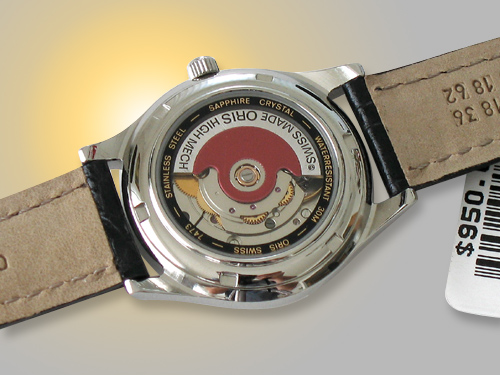dj_mocok
Headphoneus Supremus
- Joined
- Dec 26, 2003
- Posts
- 5,635
- Likes
- 15
While looking at the specs of some watches, I find this:
Average gain/loss :
+25 sec/-15 sec per day
+/- 20 sec per year
+45 sec/-35 sec per day
Depending on the model of the watches.
I can live with +20 per year or per month, but per day is just too much I think.
The problem is, there are a few watches that I really like, but it has +25/-15 gain/loss per day, so mathematically speaking,
+25 sec per day, in a month is :
(25 X 30) : 60 = 12.5 min.
So that means, the watch will be 12.5 minutes different in a month's time ? That pretty much means that I have to adjust my watch every week or so.... It will be even worse for watches with +40 gain/day...
Now I don't know what's the logic behind this, but I think some Walmart watches are more precise than this, and why some 200/300 bucks watch can be so innacurate?
Or maybe I misunderstood the whole thing? Can someone explain to me please? Thanks.
Average gain/loss :
+25 sec/-15 sec per day
+/- 20 sec per year
+45 sec/-35 sec per day
Depending on the model of the watches.
I can live with +20 per year or per month, but per day is just too much I think.
The problem is, there are a few watches that I really like, but it has +25/-15 gain/loss per day, so mathematically speaking,
+25 sec per day, in a month is :
(25 X 30) : 60 = 12.5 min.
So that means, the watch will be 12.5 minutes different in a month's time ? That pretty much means that I have to adjust my watch every week or so.... It will be even worse for watches with +40 gain/day...
Now I don't know what's the logic behind this, but I think some Walmart watches are more precise than this, and why some 200/300 bucks watch can be so innacurate?
Or maybe I misunderstood the whole thing? Can someone explain to me please? Thanks.



